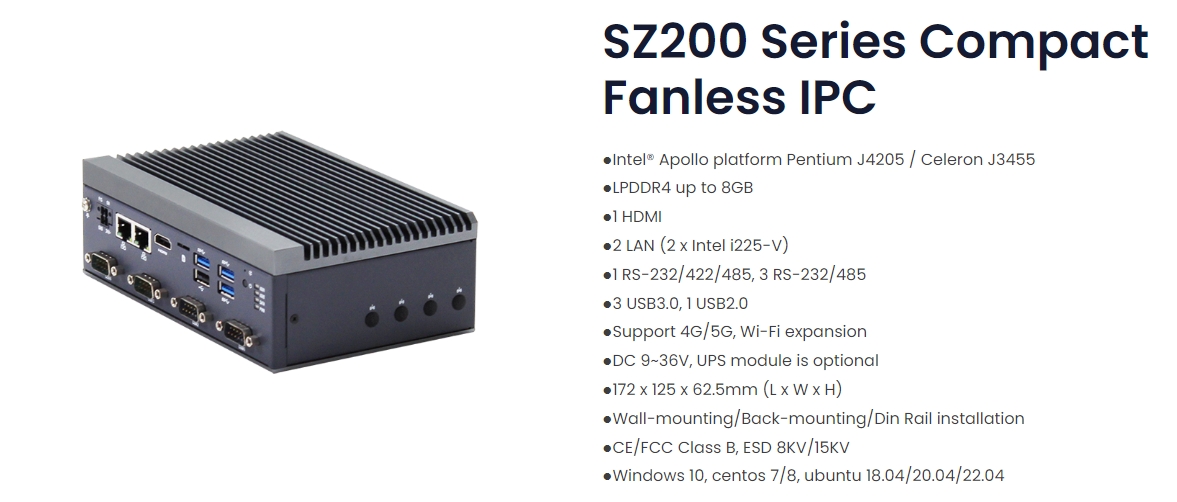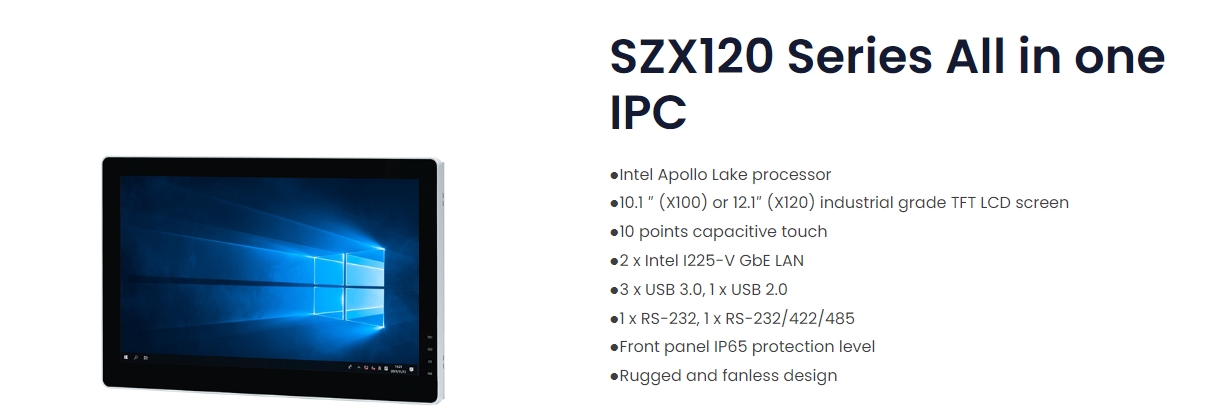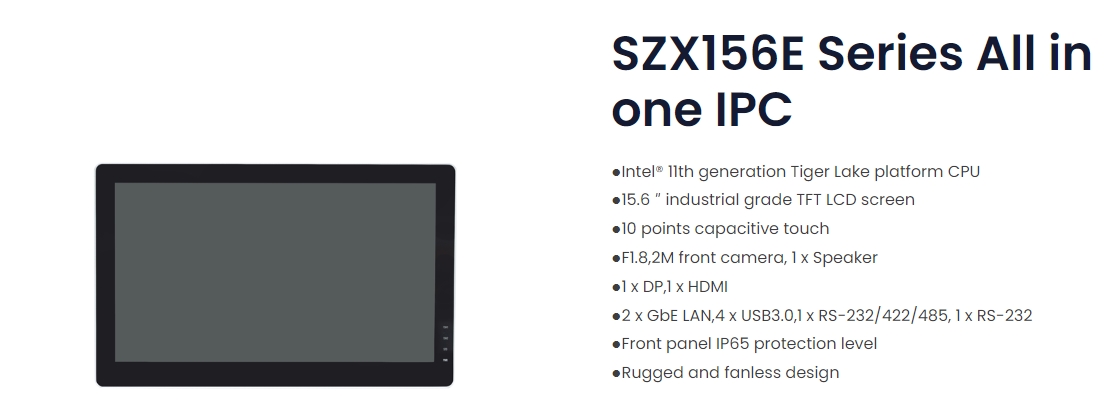In today’s fast-paced industrial environment, all-in-one industrial computers are revolutionizing the way businesses operate. These rugged devices combine multiple functions into a single, robust unit, making them indispensable in various sectors such as manufacturing, logistics, transportation, and more. Designed to withstand harsh conditions, these computers offer reliability, efficiency, and durability, ensuring seamless operations even in the most challenging environments.
Why Choose All-in-One Industrial Computers?
Enhanced Durability and Ruggedness
One of the primary reasons businesses opt for all-in-one industrial computers is their enhanced durability. Built to endure extreme temperatures, dust, moisture, and vibrations, these devices are ideal for environments where traditional computers would fail. Ruggedness is not just about withstanding physical impacts; it also means continuous operation in demanding settings, ensuring minimal downtime and maximum productivity.
Space Efficiency and Integration
All-in-one industrial computers integrate multiple functionalities, reducing the need for separate devices. This integration saves valuable space and simplifies installation and maintenance. With components such as monitors, CPUs, and touchscreens combined into a single unit, these computers offer a clutter-free workspace, which is crucial in environments where space is at a premium.

Key Features of All-in-One Industrial Computers
Touchscreen Technology
Modern all-in-one industrial computers often feature advanced touchscreen technology, allowing for intuitive interaction and quick access to applications. These touchscreens are designed to be responsive even when used with gloves, making them suitable for various industrial settings.
High-Performance Processors
Equipped with high-performance processors, these computers can handle complex tasks with ease. Whether it’s data processing, control operations, or real-time monitoring, the powerful CPUs ensure that the system runs smoothly and efficiently, meeting the demanding requirements of industrial applications.
Versatile Connectivity Options
Connectivity is a crucial aspect of industrial operations. All-in-one industrial computers come with a range of connectivity options, including USB ports, Ethernet, Wi-Fi, and Bluetooth. This versatility ensures seamless integration with other industrial equipment and systems, facilitating efficient data transfer and communication.
Applications of All-in-One Industrial Computers
Manufacturing
In the manufacturing sector, all-in-one industrial computers are used for process control, quality assurance, and inventory management. Their rugged design makes them suitable for factory floors, where they can withstand dust, vibrations, and temperature fluctuations.
Logistics and Transportation
In logistics and transportation, these computers are essential for fleet management, route optimization, and real-time tracking. Their robust build ensures reliable performance in vehicles, warehouses, and distribution centers.
Healthcare
In healthcare, all-in-one industrial computers are used in medical diagnostics, patient monitoring, and equipment management. Their durable design and easy-to-clean surfaces make them ideal for sterile environments.

Advantages Over Traditional Computers
Reliability and Longevity
The robust construction of all-in-one industrial computers ensures long-term reliability. Unlike traditional computers, which may require frequent repairs and replacements, these rugged devices are built to last, reducing total cost of ownership.
Customizability
All-in-one industrial computers can be customized to meet specific industrial needs. From adding additional ports to integrating specialized software, these devices can be tailored to suit various applications, enhancing their functionality and efficiency.
Energy Efficiency
Energy efficiency is another significant advantage. These computers are designed to consume less power, which is not only environmentally friendly but also reduces operational costs. This is particularly beneficial in industries where computers run continuously for extended periods.

Future Trends in All-in-One Industrial Computers
Integration of AI and IoT
The future of all-in-one industrial computers lies in the integration of Artificial Intelligence (AI) and the Internet of Things (IoT). AI-powered systems can enhance decision-making processes by providing real-time insights and predictive analytics. Meanwhile, IoT connectivity enables seamless communication between devices, leading to more efficient and automated industrial operations.
Enhanced Security Features
As cyber threats continue to evolve, the importance of robust security features cannot be overstated. Future all-in-one industrial computers will incorporate advanced security measures, such as biometric authentication and encryption technologies, to protect sensitive industrial data.
Sustainability and Green Technology
Sustainability will play a significant role in the development of future industrial computers. Manufacturers are focusing on creating eco-friendly devices that not only consume less power but are also made from recyclable materials. This shift towards green technology is crucial for reducing the environmental impact of industrial operations.
Conclusion
All-in-one industrial computers represent the pinnacle of rugged technology, offering unmatched durability, efficiency, and versatility. Their ability to integrate multiple functions into a single, robust unit makes them indispensable in various industrial sectors. As technology continues to advance, these computers will become even more powerful, incorporating AI, IoT, and enhanced security features to meet the ever-evolving demands of industrial environments. Investing in all-in-one industrial computers is a strategic move for any business looking to enhance productivity and future-proof its operations.
link:https://www.saintwaytech.com/blog/all-in-one-industrial-computers/
评论
发表评论